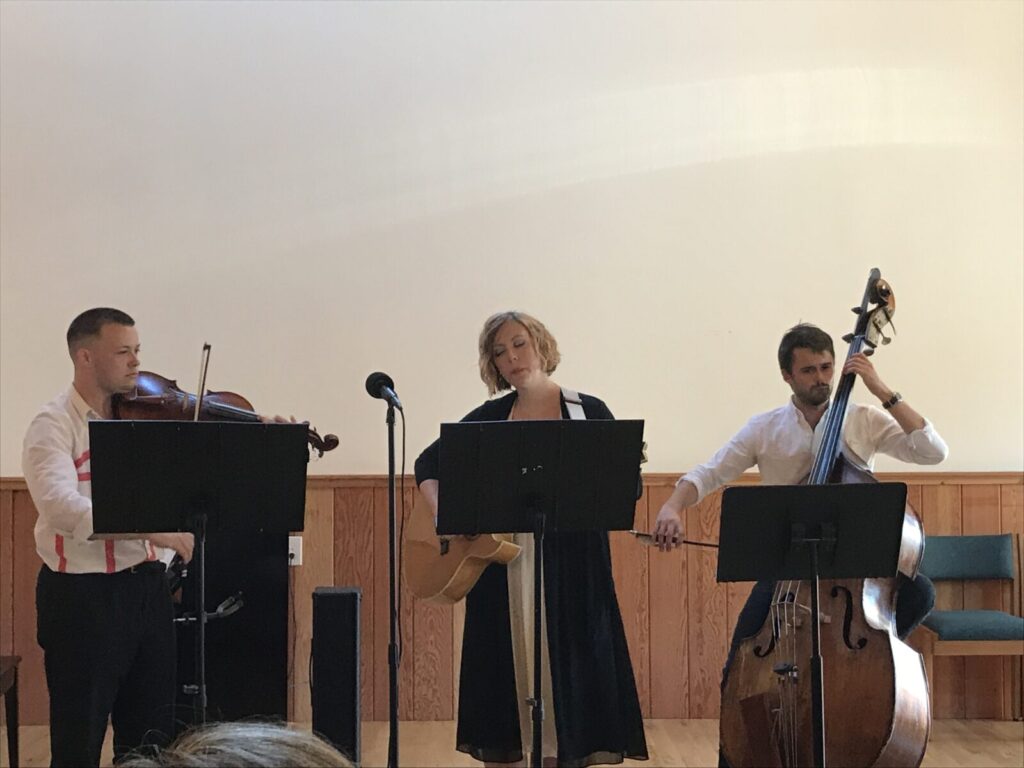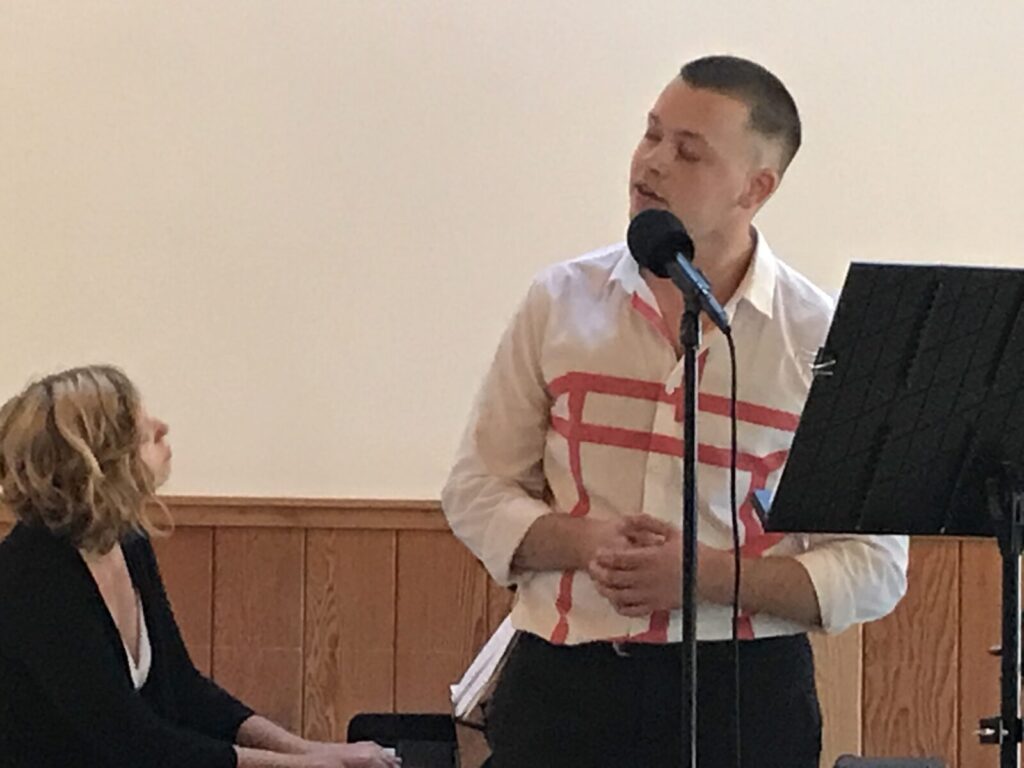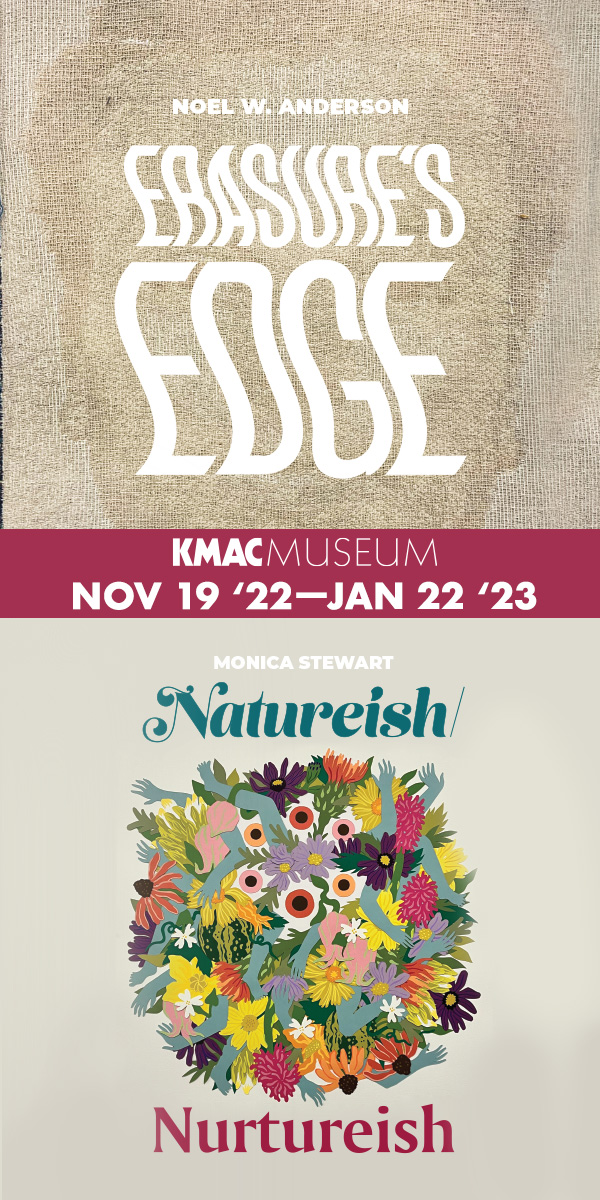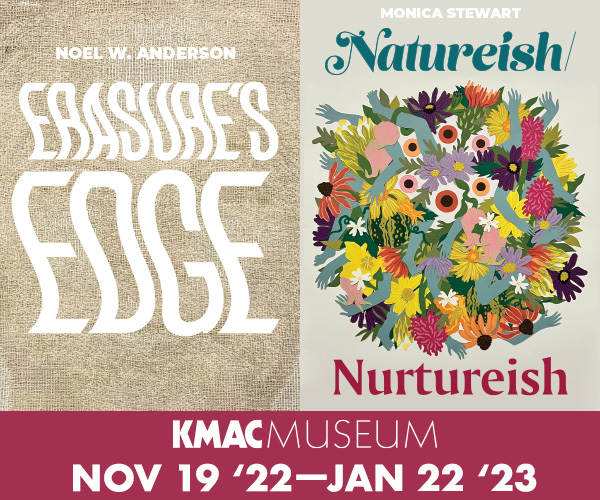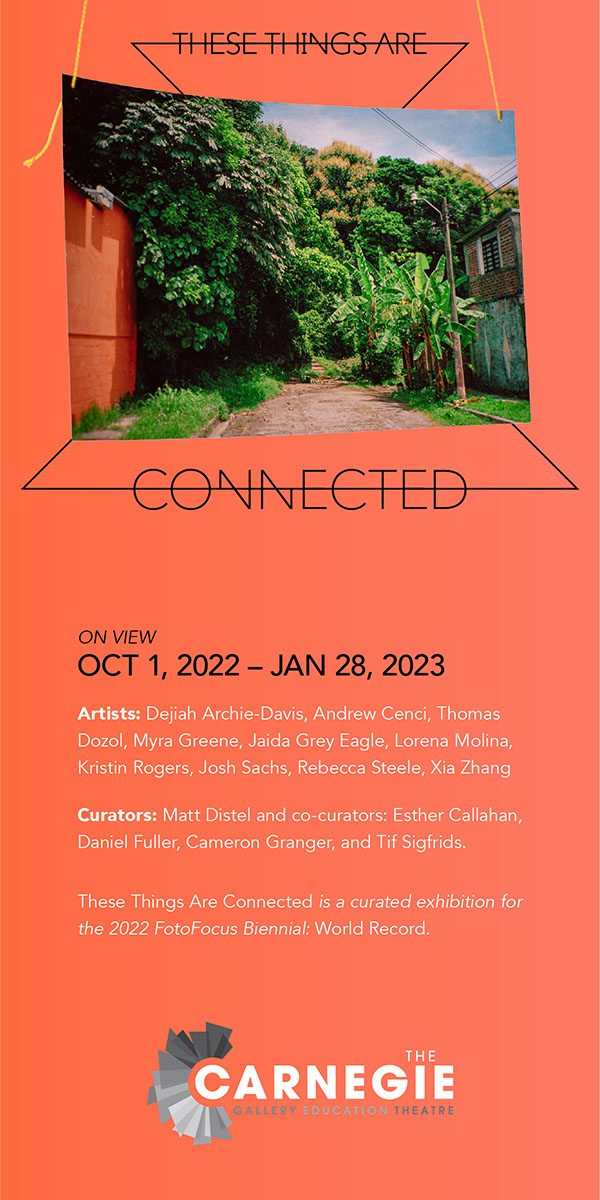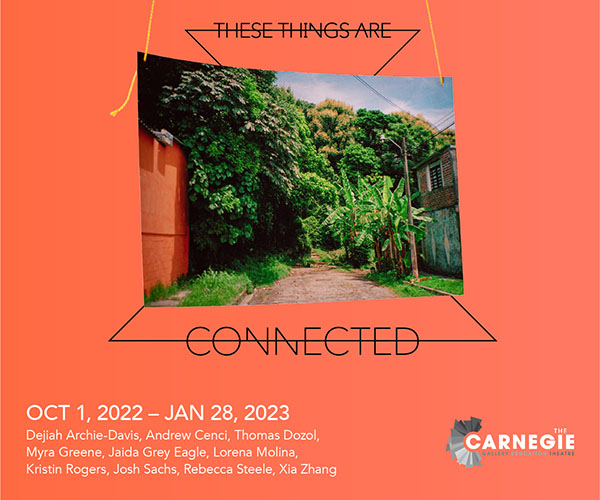The Friends Meeting House in Lexington is a simple, beautiful space; a quiet A-frame housing a room of sparse furnishings and amazing acoustics. Elias Gross chose this space for a viola recital he created as a farewell before he leaves the musical community of Lexington to pursue a Master’s Degree in viola at the University of Delaware. His friends and fellow musical colleagues gathered together in the peaceful space to celebrate the nine years Elias Gross has helped mold the musical community of Lexington.
Receiving his Bachelor’s in Arts Administration in Music at the University of Kentucky, Elias was denied the recital performance music majors usually have when they graduate. So, he held his own.
Each song in the program was prefaced with an explanation of its selection for this final Lexington recital, placing the music in a more personal context.
He began with Bach’s Prelude, Cello Suite No. 5 in C Minor, a sorrowful, mournful tune that conveyed the deep resonance only the viola can create. His fingers moving deftly like hitting keys on a piano, the song filled that serene room with music that seemed quite fitting for the space.
Elias prefaced the second selection, Spell No. 7 by Alexsandra Vrevalov, with “It’s real weird, you’re gonna love it.” It was certainly weird, with intentional movement of the bow up and down the neck of the viola. Elias creates a full, physical emoting as he plays, making even breathing seem so relevant for a piece played on strings. His bow performs acrobatics as he moves between simple strokes to finger picking and to deep double string strokes that resonate around the room.
He then eased into a duet with Melissa Snow-Groves on piano, Meditation by Paul Hindemith, a short sweet harmony that they blended beautifully. From there he added Richard Young on the upright bass. Together they played and sang Leonard Cohen’s Chelsea Hotel. This was followed by Tom Waits’ Ol ‘55 which Elias played and sang as a piano solo.
The trio came together once more and blended a variation on Pachabel’s Canon into Bob Dylan’s Don’t Think Twice. They sang together with the tight harmony of a chorale, and Melissa kicked it up a beat to a near-rockabilly sound.
Elias then launched into his final solo, Keep in Touch by Nico Muhly – “another weird one,” he joked. It was a very surreal song, and included electronic elements of a mostly tribal type beat that was played through a laptop and speaker supporting Elias on his viola. The experience was quite intense and transcendental, and seemed to take over his whole person as he played, as if he were channeling the composer in that moment.
According to the program notes, “Keep in Touch is a lament, a sort of chaconne divided up into sections by more freely-composed cadenzas for the viola. But the chaconne, a musical form based around a repeated cycle of chords, is not only the domain of composers like Bach and Purcell, one is as likely to hear the form on a Nina Simone record. And Antony Hegarty, the bluesily androgynous vocalist we hear in the electronic component of this piece, is a performer from the Simone school.”
Elias’ passion is to make the viola, and classical music more accessible to the community; to benefit everyone around him with all that classical music has to offer, and to make sure the music is always played. That came through clearly as the notes resonated around that wooden room with its asymmetrical window.
In his recital program Elias quoted Zoë Madonna of Q2 Radio as noting: “Cast into the larger world, the viola is as a wanderer in an intimidatingly loud and large landscape, humming sometimes in concordance with the current, sometimes fighting against it.”
The viola is often overlooked for the flash and glory of the violins in an orchestra, or the commanding depths of the cello. The pieces written for a viola solo take the deeper resonance of the instrument and put it out front, and often the result exemplifies the hidden space where the viola resides, and perhaps those who play it. It is a different path, often fighting for its own place in the quartet, or the orchestra.
Elias allowed himself to channel that message to his audience. The overall effect in that tranquil space on Price Avenue was quite mesmerizing.
Elias has spent the last nine years in Lexington, not just receiving his Bachelor’s Degree in Arts Administration from UK, but also helping to expand the Central Music Academy as well as the Chamber Music Festival. Central Music Academy provides free music lessons for children of low income, and has given over 20,000 free music lessons in its existence.
Elias taught viola and violin to kids, keeping a studio of five to seven students for several years. “I definitely could have benefitted from CMA as a kid”. He said teaching music to students is what helped him find his passion again, having let his playing of music “suffer” during his pursuit of an administrative degree. “Teaching was really what kind of got me to get my priorities back together…seeing what they demand of me…I can’t just be one thing, that’s just not who I am, but if I was able to spend a lot of my time teaching I would be really happy.”
He explains that he is drawn to teaching because he truly believes in the beauty and lessons that Classical music has to share with the world.
Elias also is executive director of the Chamber Music Festival of Lexington which is about to share classical music with the city of Lexington for ten days. Having expanded from one weekend to ten days, the Festival presents classical music in a variety venues to make it more accessible to the public. Elias’ favorite piece of the whole, while he loves it all, is the Concert series that he moved to Al’s Bar after Natasha’s Bistro closed.
He believes that the world of Classical music has got to undo some of “these rules we’ve made ourselves” in order to bring the music out into the world and keep it alive. Different venues mean different crowds and a greater “marketing” of the music he loves, says the arts admin grad. “If we figure out how we can tear down our concert walls a little bit, and figure out who can be our allies in the music community that we could really tie it all together…I think that the stage is really important, but I think if the music is being heard and loved, then it really doesn’t matter where it is.”
Listen:

